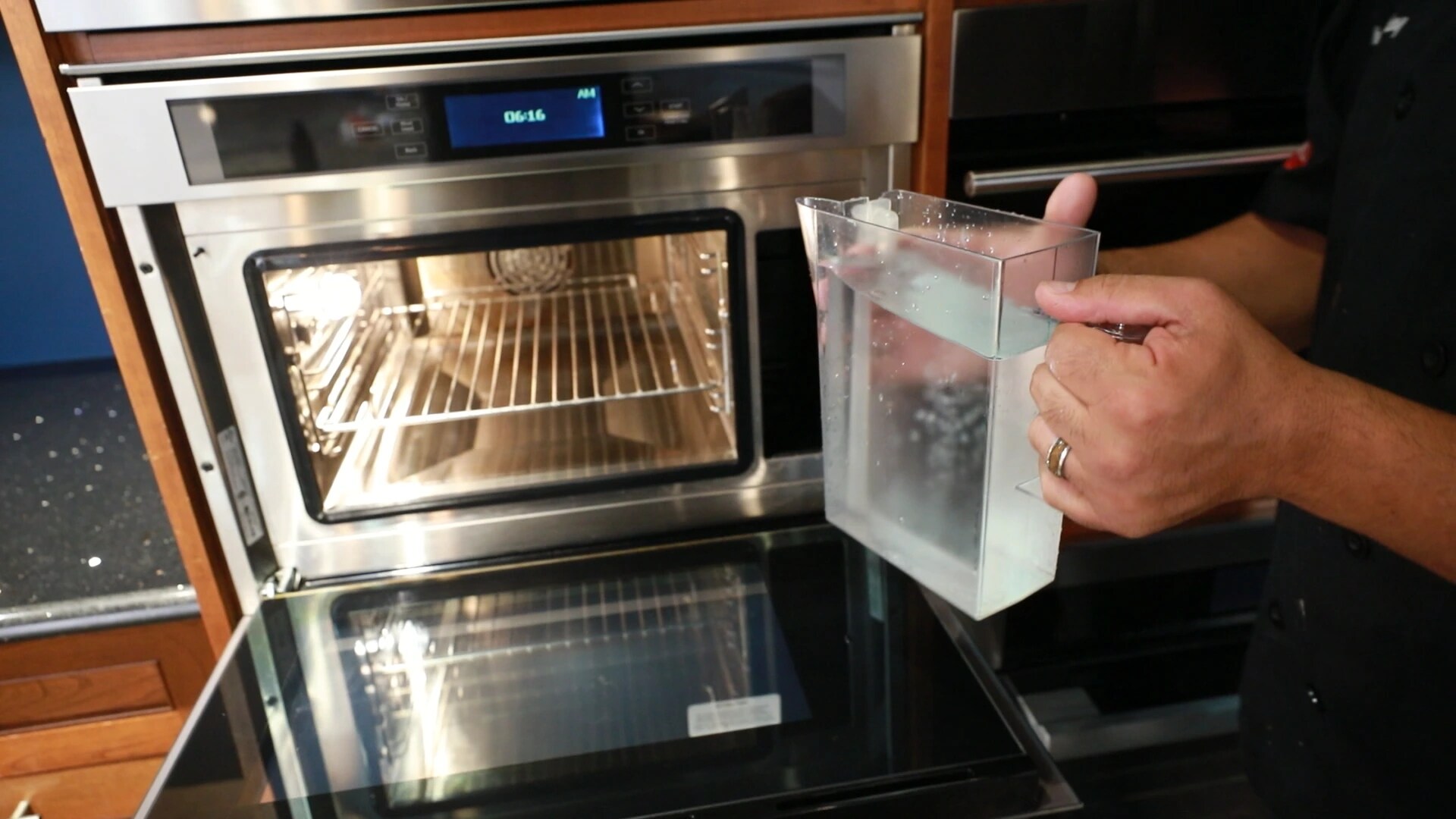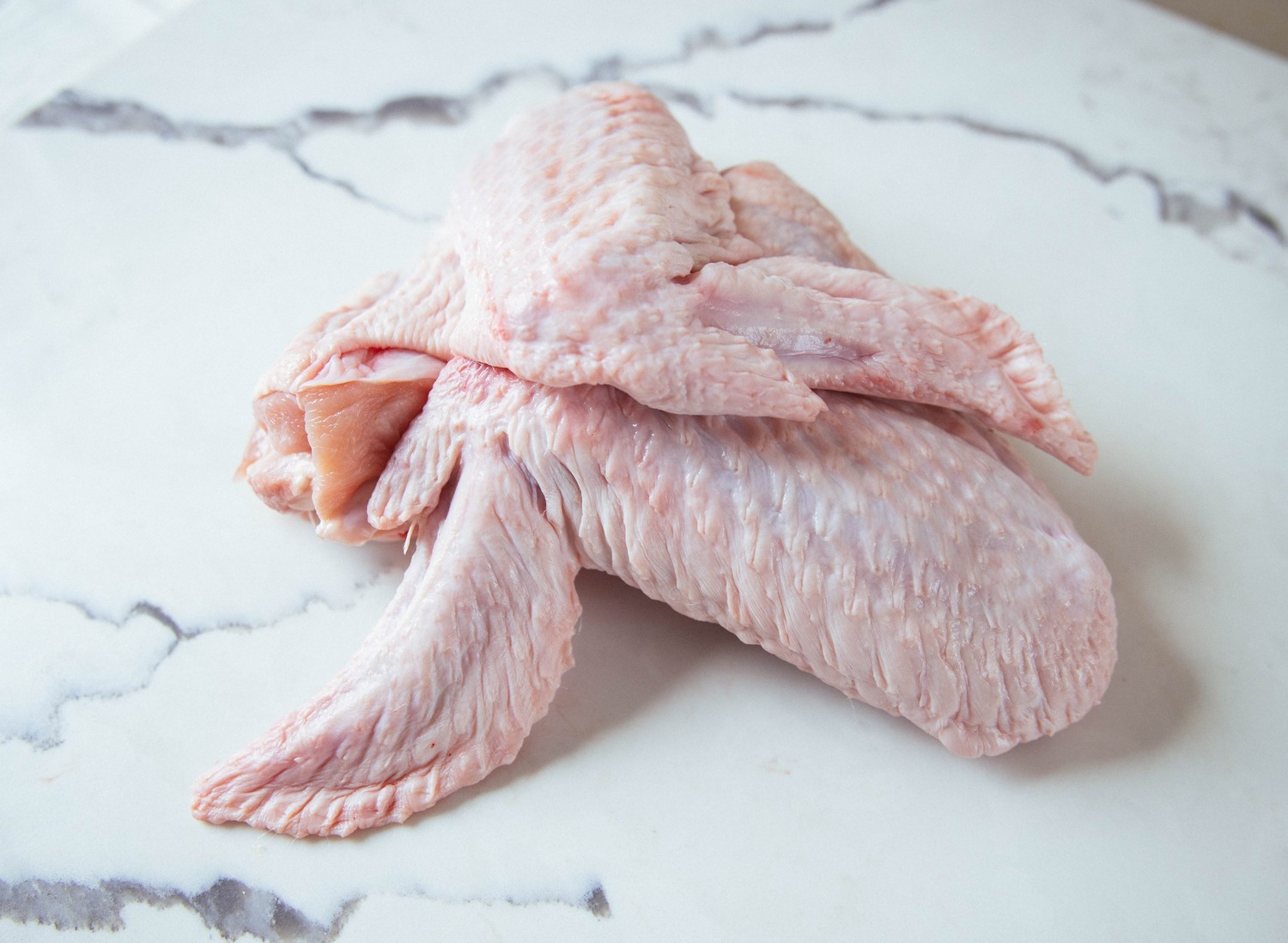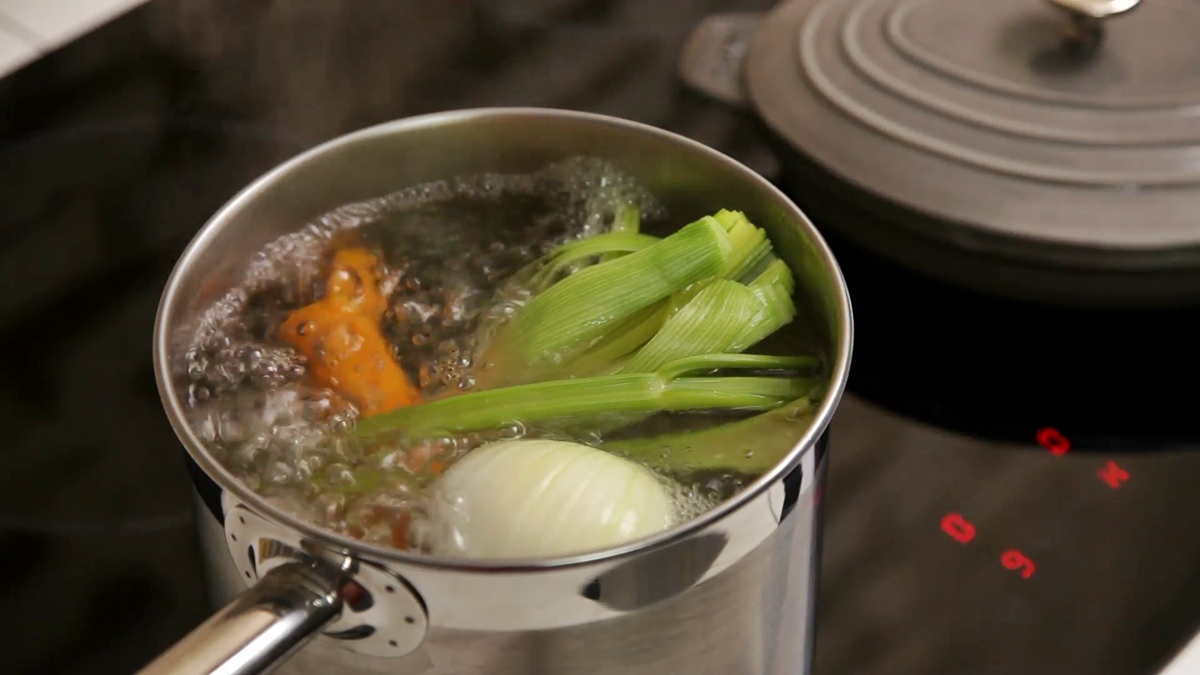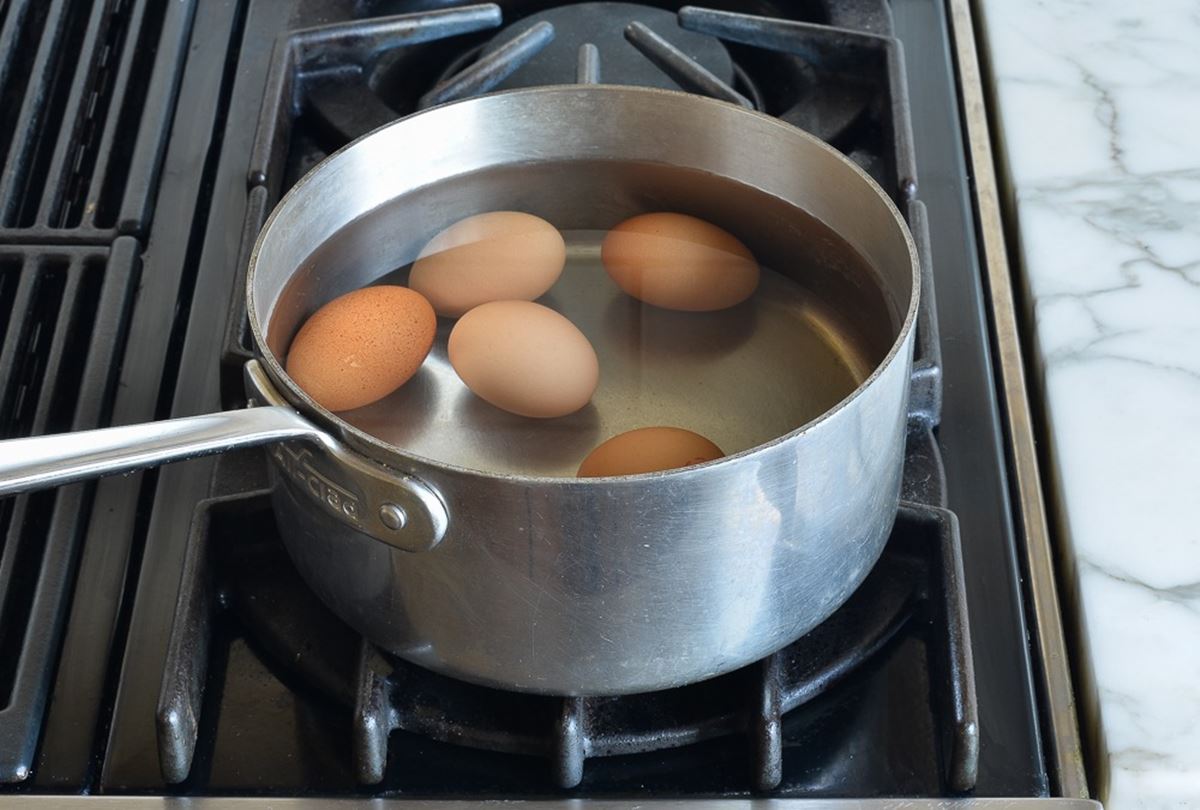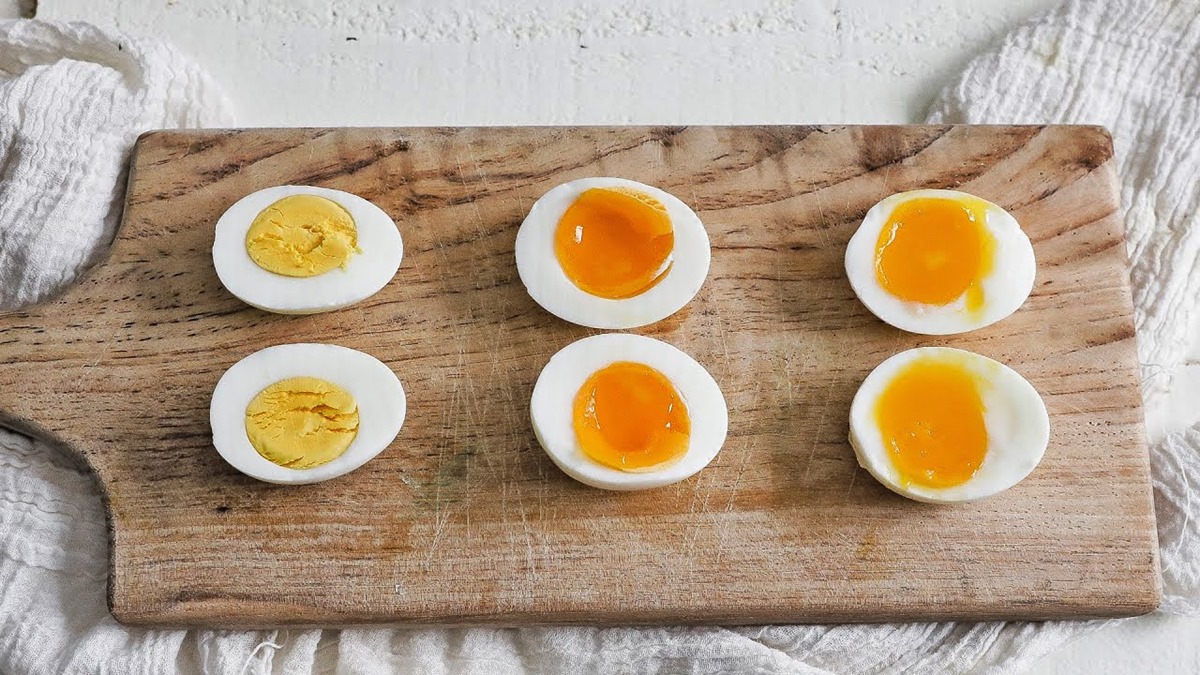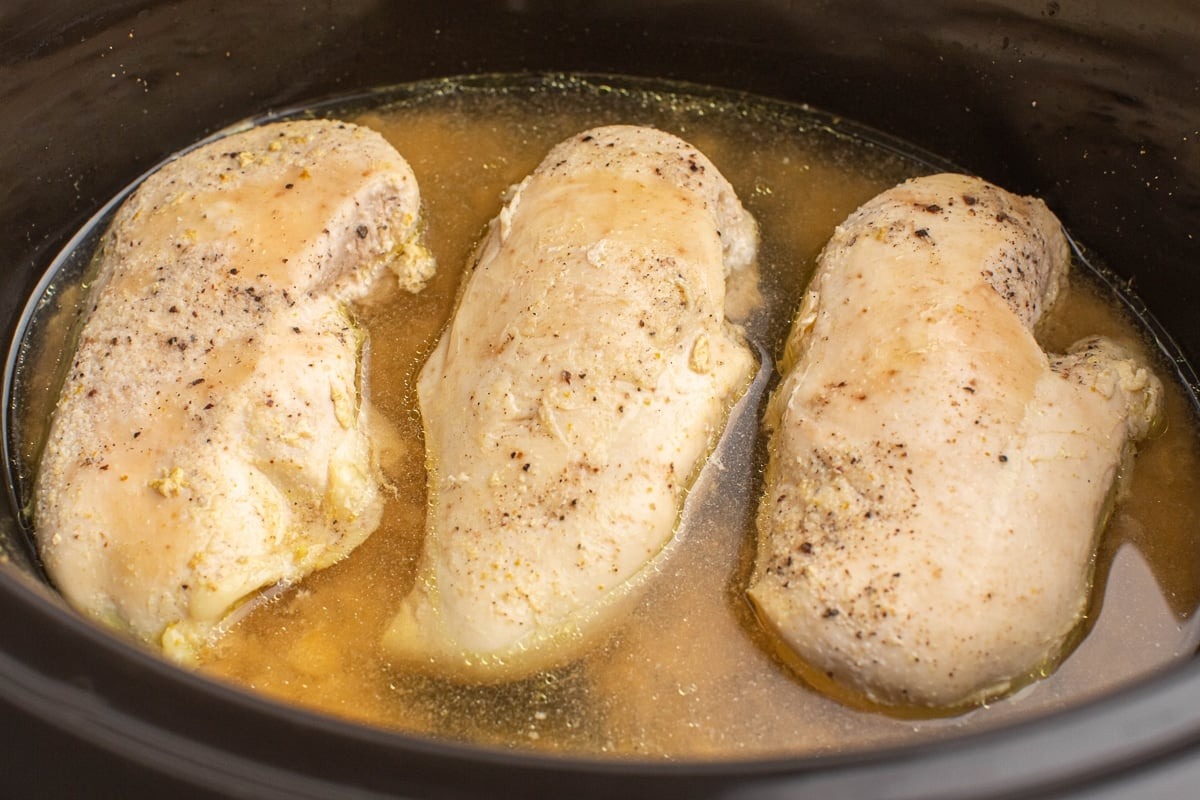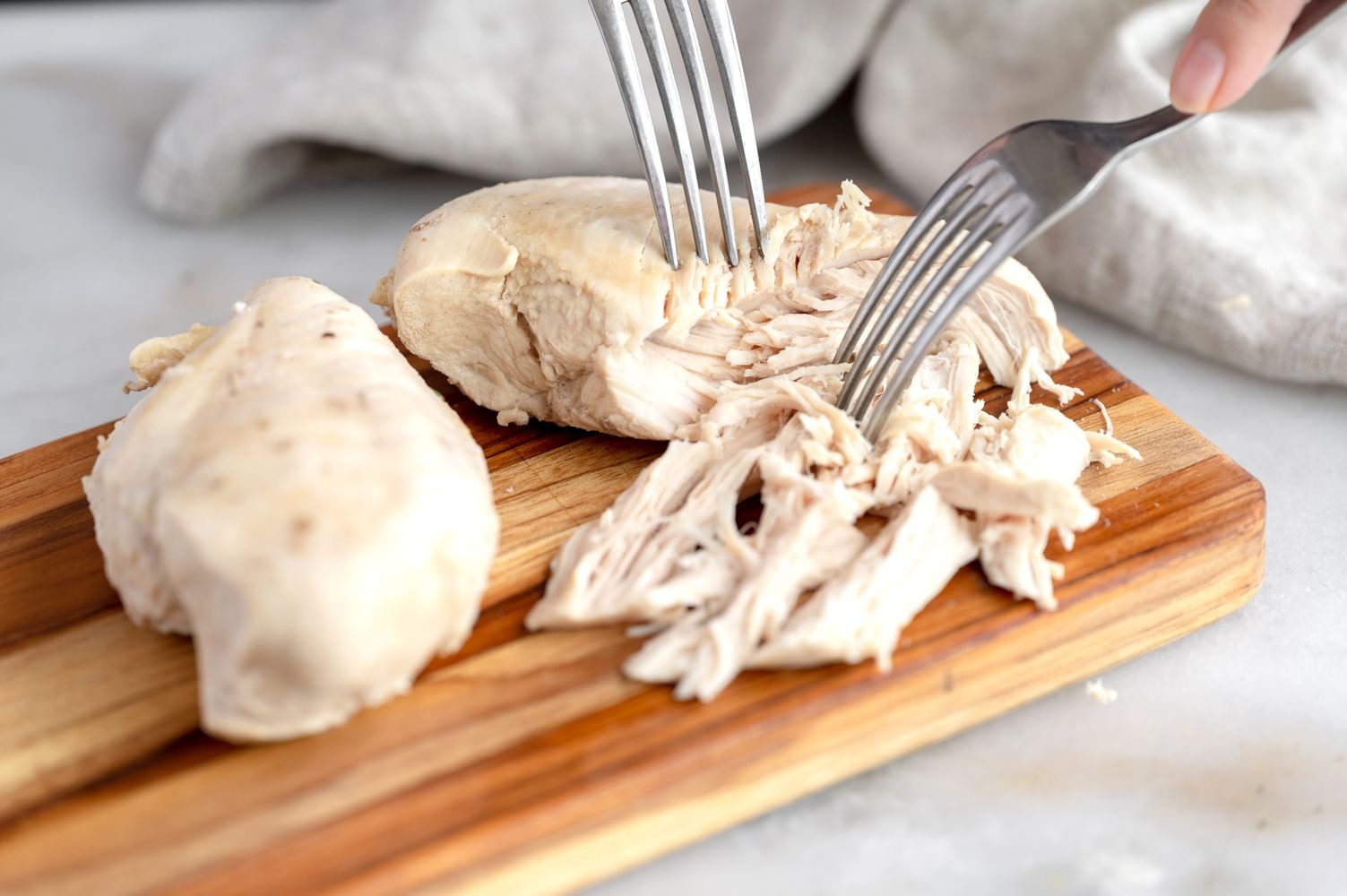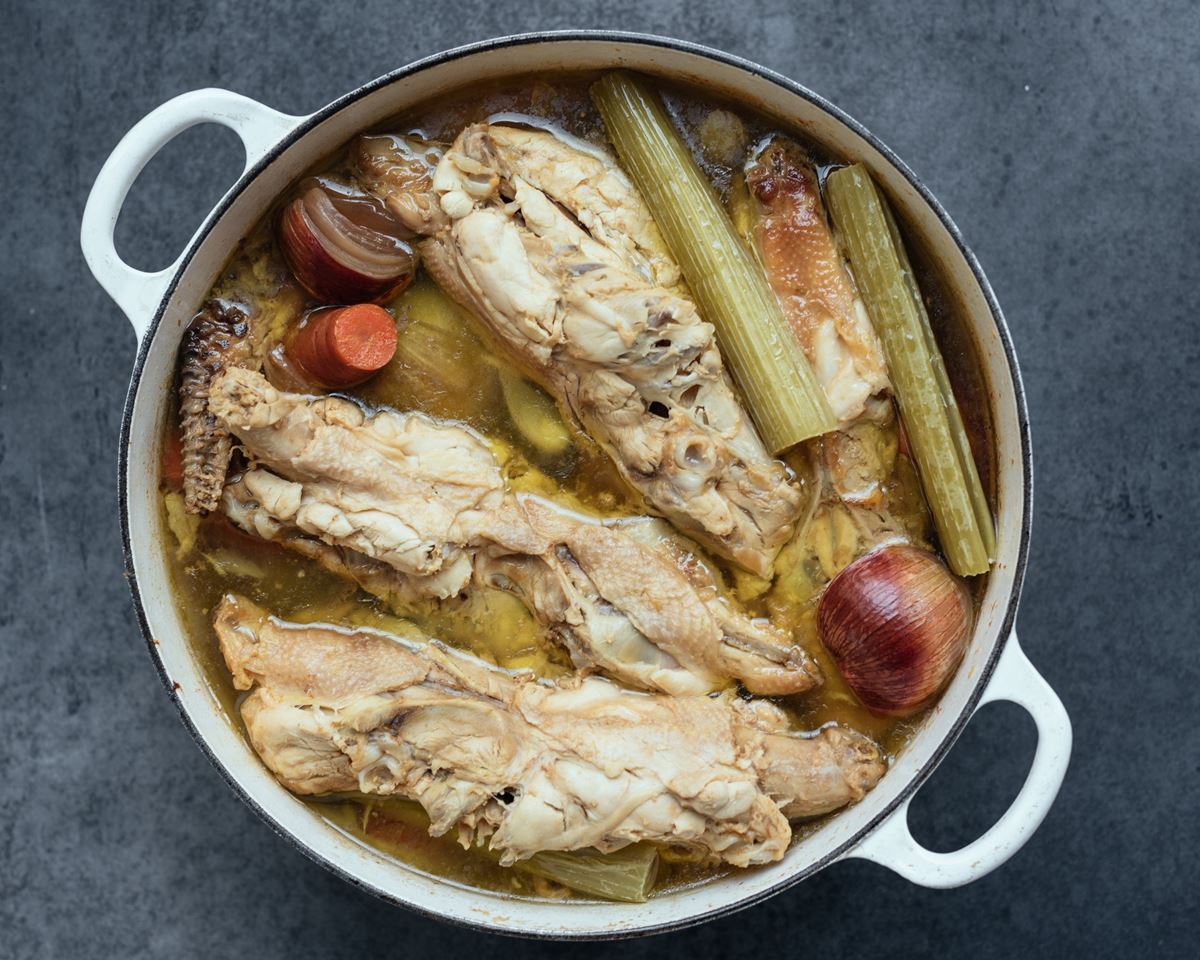Boiling chicken is a simple, healthy way to prepare this versatile protein, but there's a common challenge: keeping it moist and tender. Many home cooks have faced the disappointment of dry, stringy chicken that's lost its flavor to the boiling water. Fear not, for achieving succulent, perfectly cooked chicken is easier than you might think. With a few key techniques and some insider tips, you'll master the art of boiling chicken without drying it out. Whether you're prepping for salads, soups, or standalone dishes, this guide will ensure your boiled chicken turns out juicy and delicious every time.
Essential Ingredients for Perfectly Boiled Chicken
- Chicken breasts (boneless, skinless)
- Water or broth (chicken or vegetable for extra flavor)
- Salt
- Black pepper
- Optional aromatics:
- Garlic cloves
- Onion slices
- Bay leaves
- Fresh herbs (like thyme, rosemary, or parsley)
Must-Have Tools for Boiling Chicken
- Large Pot or Dutch Oven
- Instant-Read Thermometer
- Cutting Board
- Sharp Knife
- Tongs or Slotted Spoon
- Timer or Stopwatch
For juicy boiled chicken, start in cold water with seasonings. Simmer gently, don't boil vigorously. Cook until internal temp reaches 165°F. Let rest before cutting to retain moisture.
The Secret to Moist and Tender Chicken
Boiling chicken is a fundamental cooking technique that often gets overlooked. Yet, mastering this method ensures juicy, tender meat perfect for various dishes. Properly boiled chicken retains its moisture, making it a versatile ingredient. Understanding the right way to boil chicken without drying it out is crucial for any amateur chef aiming to elevate their culinary skills.
Key to this process is temperature control and timing. Boiling chicken at a gentle simmer rather than a rolling boil, and keeping an eye on the clock, prevents the meat from becoming tough and unappetizing. This approach not only preserves the chicken's natural flavors but also its nutritional value, making it a healthy option for meals.
Your Ultimate Guide to Boiling Chicken
-
Choose the right pot: Select a pot that comfortably fits your chicken pieces with enough room for water to circulate around them.
-
Fill pot with water: Add enough cold water to cover the chicken by at least an inch.
-
Season the water: Generously salt the water. Consider adding herbs like thyme or bay leaves, and vegetables such as onion, carrot, and celery for extra flavor.
-
Place chicken in pot: Gently put your chicken pieces into the pot. If using frozen chicken, ensure it's fully thawed first to cook evenly.
-
Bring to a boil: Turn the heat to high and bring the water to a rolling boil.
-
Lower heat immediately: As soon as water boils, reduce the heat to low. Water should be barely simmering, with just a few bubbles rising to the surface.
-
Cover the pot: Place a lid on the pot to trap steam and maintain a consistent temperature.
-
Cooking time: Simmer boneless chicken breasts for about 12-15 minutes and bone-in pieces for about 30 minutes or until the internal temperature reaches 165°F.
-
Check for doneness: Use a meat thermometer to ensure chicken has reached a safe internal temperature of 165°F. Avoid overcooking, as this is a common cause of dryness.
-
Let it rest: Once cooked, remove chicken from the pot and let it rest for a few minutes. Resting allows juices to redistribute throughout the meat, making it juicier.
-
Reserve the broth: Consider saving the flavorful cooking liquid for soups, sauces, or cooking grains.
Tips for Success:
- Avoid boiling: Boiling can make the chicken tough and rubbery. A gentle simmer is key.
- Use a thermometer: This is the most reliable way to ensure your chicken is fully cooked yet still moist.
- Adjust seasoning: Taste and adjust the seasoning of the cooking liquid. It adds flavor to the chicken.
- Experiment with flavors: Adding different herbs, spices, or vegetables to the cooking water can infuse the chicken with subtle flavors.
- Cool in broth: For extra moist chicken, let it cool down in the broth before removing. This step can further prevent drying out.
Mastering Moist Chicken
Boiling chicken without drying it out is simpler than you might think. Remember, start with cold water and ensure your chicken is fully submerged. Seasoning the water generously will infuse the meat with flavors, making it anything but bland. Keeping an eye on the temperature is crucial; a gentle simmer is what you're aiming for. Overcooking is the main culprit behind dry chicken, so use a meat thermometer to avoid this pitfall. Letting the chicken rest in its cooking liquid can also help in retaining moisture. With these tips, you'll find that boiling chicken can yield tender, juicy results every time. So, go ahead, give it a try, and enjoy the delicious outcomes of your newfound skills in the kitchen.
Boiling chicken without drying it out opens up a world of delicious possibilities. For a light and refreshing meal, try the Chicken Caesar Salad Recipe, where tender, juicy chicken pairs perfectly with crisp greens. If you're in the mood for something comforting, the Chicken Noodle Soup Recipe is a fantastic choice, offering a warm and hearty dish. For a family dinner, the Chicken and Rice Casserole Recipe provides a satisfying and filling option. Craving something with a bit of spice? The Chicken Tacos Recipe are easy to make and bursting with flavor. Lastly, for a creamy and indulgent pasta dish, the Chicken Alfredo Pasta Recipe showcases how perfectly cooked chicken can elevate a simple meal.
All Your Questions Answered About Boiling Chicken
How long should I boil chicken to keep it juicy?
Keeping your chicken juicy starts with not overcooking it. For boneless breasts, aim for about 12-15 minutes. If you're working with bone-in pieces, give them a good 20-30 minutes. Remember, size and thickness will affect cooking time, so use a meat thermometer to ensure it hits 165°F in the thickest part.
What's the best way to season chicken before boiling?
Seasoning is key to flavorful chicken. Before boiling, generously salt your water, akin to seasoning pasta water. Feel free to toss in bay leaves, peppercorns, garlic, and even slices of lemon for an aromatic touch. These additions infuse the meat with subtle flavors, making it anything but bland.
Can I boil chicken straight from the freezer?
Sure can! Boiling chicken from frozen is perfectly safe. Just remember, it'll take a bit longer—roughly 1.5 times the normal cooking time. Keep an eye on the internal temperature to ensure it reaches the safe mark of 165°F.
Is it better to boil chicken in broth instead of water?
Absolutely! Boiling in broth instead of water is like giving your chicken a flavor bath. The broth, rich in seasonings and depth, seeps into the meat, enhancing its taste and juiciness. For an even richer flavor, try using a mix of broth and water.
How can I tell when the chicken is perfectly cooked?
The foolproof method is using a meat thermometer. When the thickest part of the chicken breast or thigh reaches 165°F, it's done. Another trick is to pierce the meat; clear juices mean it's ready, while pinkish juices suggest it needs more time.
What should I do with the leftover broth?
Don't toss it! This liquid gold is packed with flavor, perfect for soups, cooking grains, or as a base for sauces. Strain it, store it, and use it to elevate your next dish. It's a simple way to add depth and richness with minimal effort.
Can boiling chicken make it rubbery?
Overcooking is the main culprit behind rubbery chicken. To avoid this, keep a close eye on the cooking time and temperature. Gentle simmering, rather than a rolling boil, also helps in keeping the meat tender and juicy.
Was this page helpful?
Read Next: How To Boil Fettuccine Pasta
